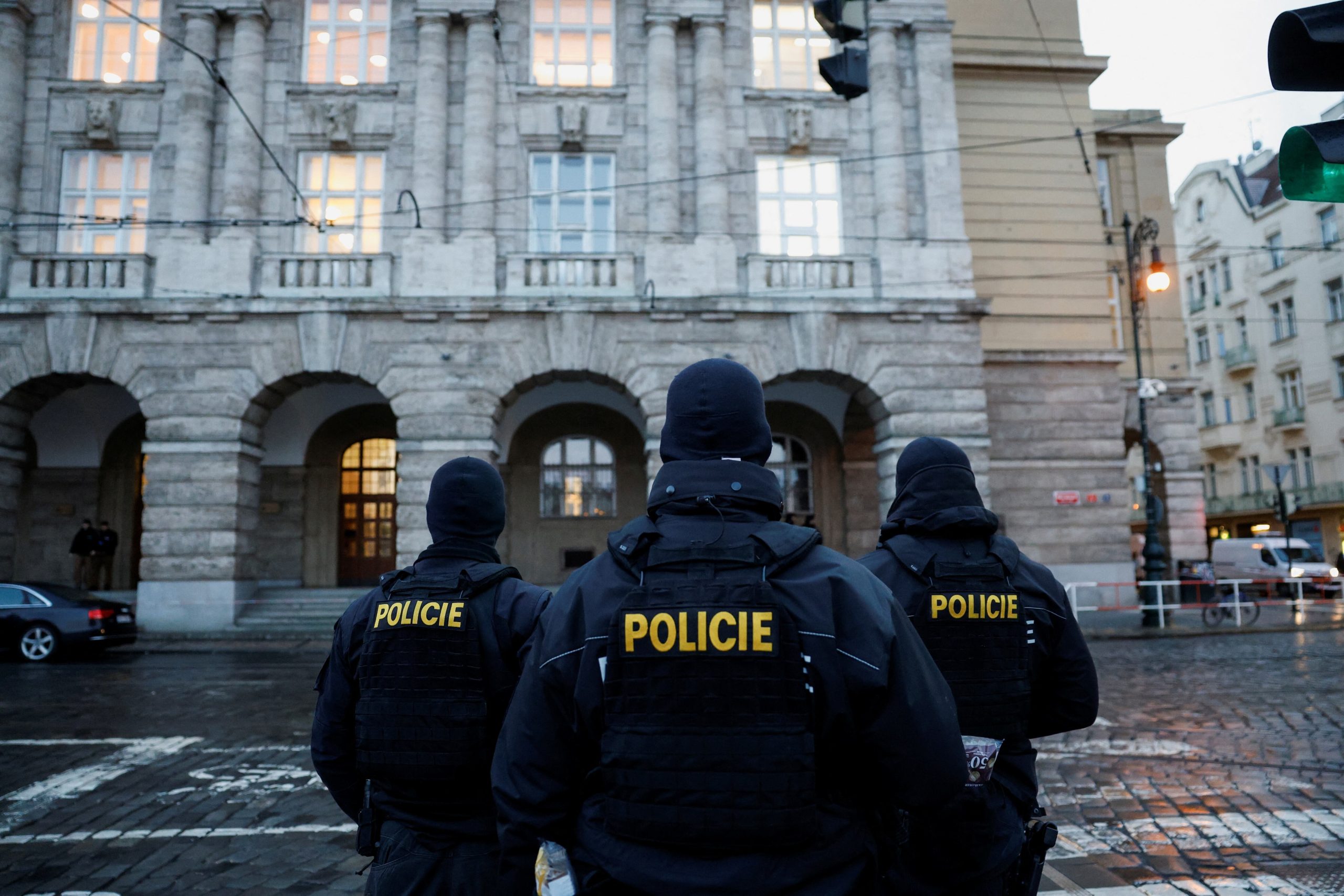EXPLAINED: What’s in France’s ‘new’ anti-terror law?
Thelocal – The French interior minister will present new measures to combat the threat of terrorism, including the increased use of computer algorithms to detect potential extremists among internet users.
What’s happening?
Interior Minister Gérald Darmanin will present to the Ministers’ Council a law proposal that, if passed, would render permanent anti-terror measures taken in the wake of the 2015 Paris terror attacks.
Why?
“The threat remains high,” Darmanin told Journal du Dimanche on Sunday, where he laid out the law proposal. “Since 2017, we have suffered 14 attacks causing the death of 25 people.”
Arguing that the legal text would toughen up the country’s anti-terror approach and make it easier to foil future attacks, the interior minister said: “We are now dealing with isolated individuals, increasingly younger and unknown to intelligence services, and often without any links to established Islamist groups.”
Though the proposal, which according to the JDD contains 19 articles, had been in the works for weeks, its presentation comes just days after a fatal knife attack at a police station in Rambouillet, a suburb southwest of Paris, which is being investigated as a terror attack.
France’s chief anti-terror prosecutor said on Sunday that the killer, shot by police on site, embraced Islamist extremism. The incident rallied calls for tougher policing of terrorism threats in France, which has struggled to grapple with a new wave of attacks conducted by individuals who often lack a clear link to extremist groups and are difficult to track.
What’s in the law?
If adopted, the loi relatif à la prévention d’actes de terrorisme et au renseignement (law on the prevention of terrorist acts and intelligence) would permanently enshrine into law temporary measures imposed during the state of emergency declared after the 2015 terror attacks and expand other existing measures.
The measures can be divided into three parts:
- Monitoring of ex-prisoners
The law would allow for authorities to monitor prisoners sentenced for terrorism charges up to two years after their release (up from one currently).
A law adopted in August 2020 provided for authorities to closely follow up prisoners who they still considered presented a danger to the public. This measure only concerns prisoners who served a minimum of five years (three if they were repeat offenders),
- Police checks and closures of places of worship
The law would also extend the measures imposed through the 2017 anti-terror law reinforcing interior security and the fight against terrorism, Silt, which took over from the state of emergency when it expired.
The Silt-law was adopted for a period of three years and was set set to expire in December 2020, before the parliament voted to extend it until July 31st 2021.
The law allowed for authorities to make use of measures that have been contested as infringing on the right to private life, such as “home visits” (previously called perquisitions administratives), which allow for police to get a warrant from a judge to enter the home of a person suspected of posing a terror threat.
It also allowed authorities to close a place of worship for a maximum of six months maximum if they consider that it condoned or provoked terrorism. Interior minister Darmanin made use of this law when he ordered the six-months closure of the Mosque of Pantin, in the northern outskirts of Paris, following the killing of the history teacher Samuel Paty in October 2020. The mosque had shared a video railing against the teacher a few days before the attack.
- Online tracking of radicalised individuals
Finally, the law would extend powers to target what authorities have defined as the new threat of terrorism, posed by so-called “self-radicalised” individuals without clear links to extremist groups.
It would render permanent an experimental measure that widened the use of algorithms to detect terror threats online. Authorities were in 2015 given the right to analyse metadata – who communicated with whom, where, how, for how long – through phone records, websites and social media platforms, in order to detect suspicious behaviour online. The law, called the law on intelligence gathering, was extended by parliament to last until December 31st 2021.
The exact details on how this would work have not yet been published.
This measure is controversial because of the potential infringement of privacy. French daily Le Monde said: “Apart from the fact that the telephone data algorithms have not prevented any attacks in the last six years, it is unclear what measures would be taken for those consulting suspicious sites or the posting of content deemed hateful.”
What next?
Following the presentation of the law to ministers on Wednesday, parliament is set to debate the text at the end of May and the government aims to get it adopted by the end of July, when the current legal measures run out, according to France Info.




